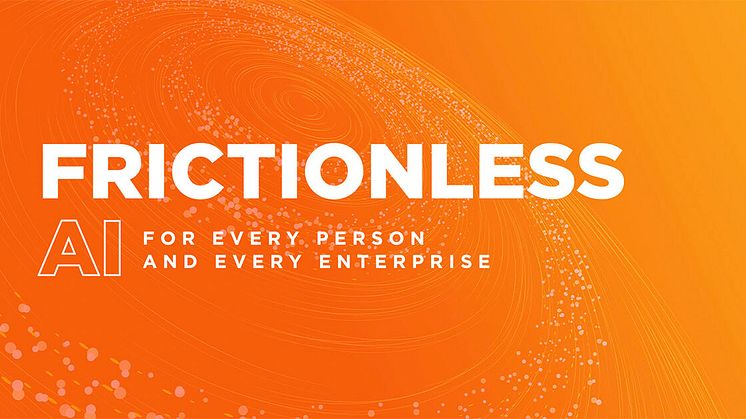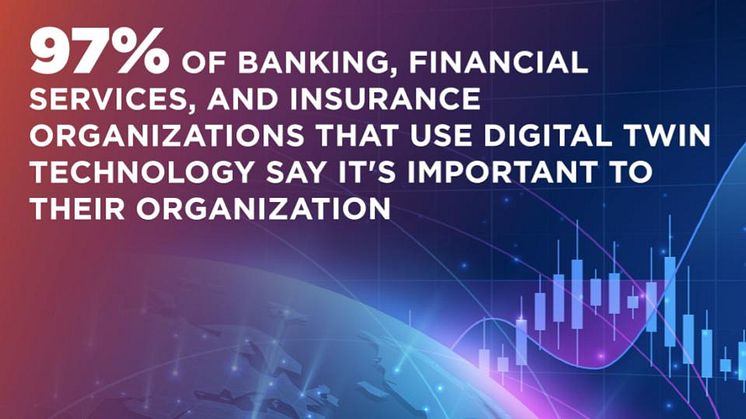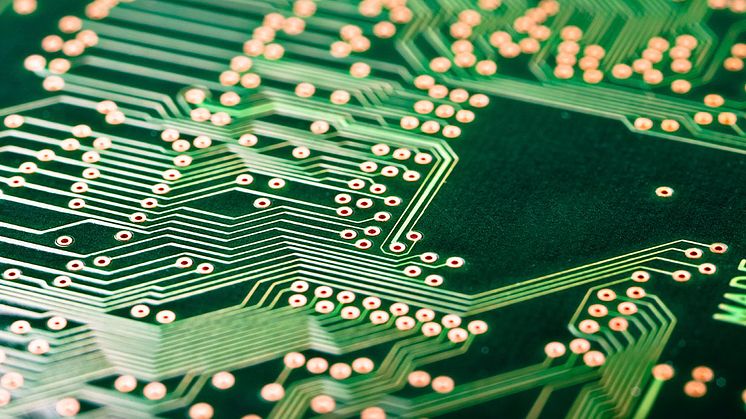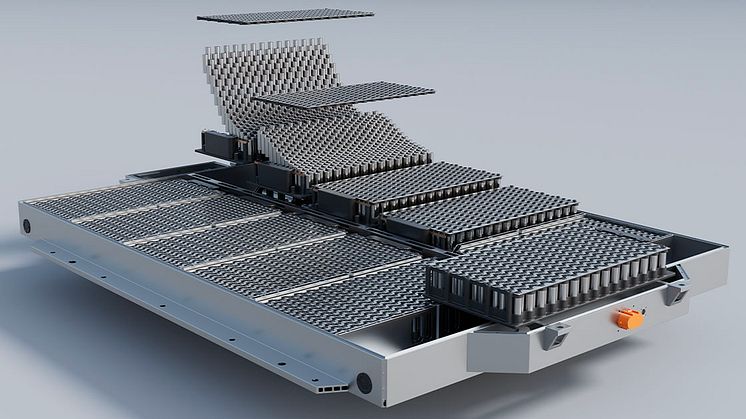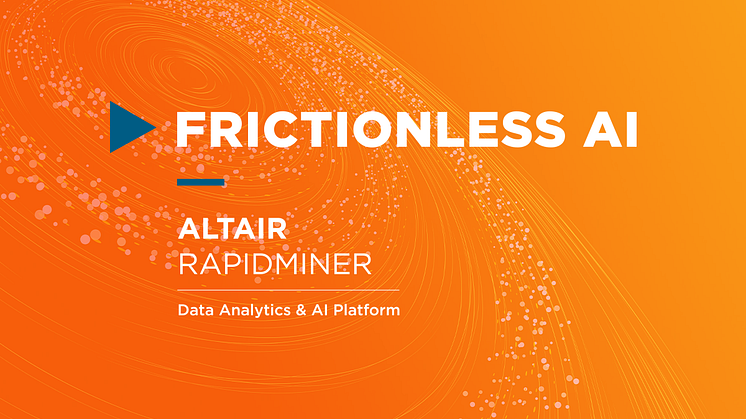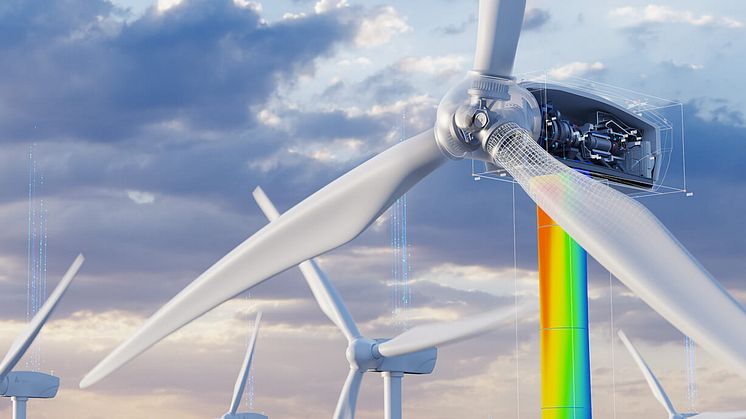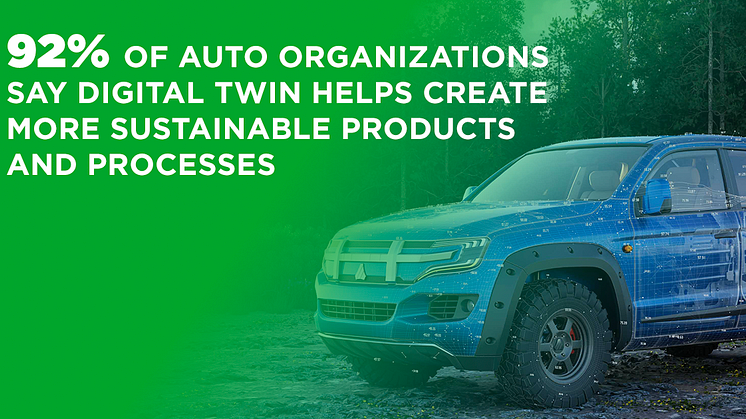
Pressmeddelande -
Altair Global Survey Shows Digital Twin Technology Key to Driving Automotive Industry Sustainability
TROY, Mich., May 17, 2023 – Altair (Nasdaq: ALTR), a global leader in computational science and artificial intelligence (AI), released results from an independent survey that reveals a high adoption of digital twin technology in the automotive industry and its expected growth as a means of achieving sustainability objectives. The global survey of more than 2,000 professionals throughout several industries and across 10 countries gauged digital twin technology adoption and assessed how organizations are utilizing it, its business benefits, and impact on sustainability initiatives.
“Between consumer demand, government expectations, and global emissions targets, the race is on for automakers to keep EV production on track,” said Dr. Royston Jones, senior vice president of automotive, Altair. “This report’s findings show the importance of digital twin technology in achieving those goals. While many have already adopted this technology into their processes, there is still tremendous room for education on the benefits that will lead to a rapid expansion of its use across the industry and beyond.”
The survey’s data suggests that among all 11 industries surveyed, the automotive industry is the second leading adopter of digital twin technology behind only the heavy equipment sector. Yet, while 76% of automotive respondents said their companies have already adopted digital twin technology, automotive users appear to be at the early stages of adoption and are curious about its benefits and use cases. Just 35% of respondents consider themselves to be “highly knowledgeable about digital twin solutions,” the second lowest percentage out of all industries surveyed.
Crucially, nearly all (92%) automotive respondents who report using digital twin technology said it has helped them create more sustainable products and processes – and automotive was the most likely sector (63%) to be using digital twin technologies to reach sustainability objectives. Digital twin solutions reduce material waste by allowing engineers to run simulations during the design process and test functions before going to prototype, which reduces the number of physical prototypes needed.
The shift to electric vehicles (EVs), which will be a major aspect of the fight to mitigate climate change and reduce carbon emissions, is driving the automotive industry’s rapid transformation. Consumer interest and demand for EVs is growing, while the U.S. government is enacting stricter regulations to incentivize automakers to move away from traditional internal combustion engine vehicles. Digital twin technology can help the automotive industry bring more EVs to market faster at affordable price points.
More key findings from the survey include:
-
Cost reduction and better products: Nearly all respondents (97%) said digital twin solutions better inform the development of new products.
- Importantly, 70% of those who are using digital twin solutions reported it has significantly reduced maintenance and warranty costs.
- The automotive industry was the most likely to predict that digital twin solutions will improve the quality of products produced in the future (50%).
- 38% of automotive respondents said they believe digital twin technology will make physical prototyping obsolete within the next four years or sooner.
-
Sustainable impact: An impressive 92% of automotive respondents said that digital twin technology has helped their organizations create more sustainable products and processes.
- 63% are using digital twin solutions to reach their sustainability objectives, and find it makes their products and services easier to refurbish and/or reuse (51%).
- 78% of respondents said the technology helps their organization by generating energy savings and/or enabling the efficient use of resources.
-
Desire for more education and adoption: While the data shows that digital twin technology is widely adopted within the automotive industry, there is also room for growth and a desire for more education.
- Of respondents whose organizations don’t currently use digital twin solutions, 22% expect they will do so in the next six months or less and 33% expect it in a year or more.
- 92% of non-senior leadership employees said they thought their leadership would be more likely to invest in digital twin technology if they better understood its benefits.
To learn more about the survey methodology and to access the full report, click here to read 2023 Global Digital Twin Survey Report Vertical Breakdown: Automotive. And to learn more about Altair’s digital twin solutions, visit https://altair.com/digital-twin.
Ämnen
Kategorier
Altair is a global leader in computational science and artificial intelligence that provides software
and cloud solutions in simulation, high-performance computing (HPC), data analytics, and artificial
intelligence (AI). We enable organizations across all industries to compete more effectively and
drive smarter decisions in an increasingly connected world – all while creating a more sustainable
future.



